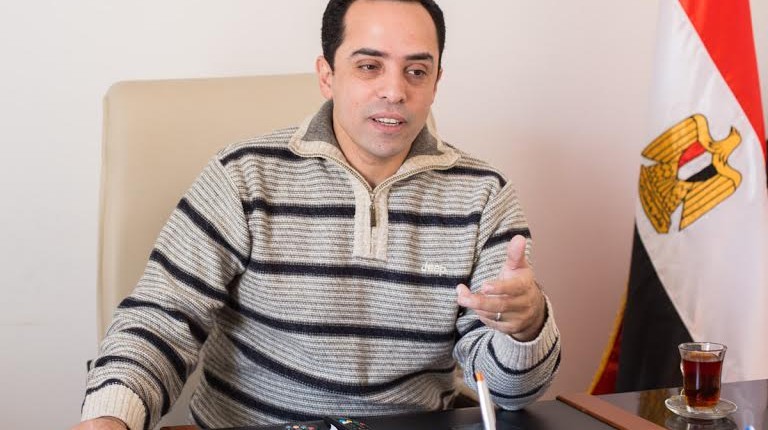Once the parliament started holding its initial sessions, problems and disagreements arose among its members.
The first problem arose during parliament’s opening session, due to explicit violations of Articles 104 and 127 of the amended 2014 Egyptian Constitution that relate to the constitutional oath.
After that problem had passed, we thought it would be time for serious work and preparations for the elections to select heads of parliamentary committees; however, that was not so easy. Problems and mistakes in the way elections were held—which the law stipulated must be confidential. We witnessed confusion from the parliament’s secretariat in the preparations for elections, and then another problem surfaced: how can MPs get to know their colleagues?
To solve this problem, the opening session allowed time for candidates vying for parliamentary speaker to introduce themselves and present their previous experience.

Unfortunately, the peace was disturbed when the parliamentary speaker prohibited two candidates, who were vying for the position of undersecretary, from introducing themselves to their colleagues. The speaker expressed his dissatisfaction with the introduction process because it is not mentioned in the bylaw. This caused a great deal of confusion. The bylaw regulations were barely followed throughout this entire process, and, in any other case, elections for parliamentary speaker would be considered invalid.
After more inconveniences, one of the largest strikes in parliament’s history was carried out. With the agreement of parliament, live broadcast of the sessions ceased. This act implicitly stated that MPs do not have control over themselves, and the only solution for the issue is to prevent the people from seeing what is happening inside parliament.
MPs have forgotten the people’s right to view the sessions, which should be public, according to Article 120 of the Constitution. The only way publicity of the sessions can be achieved is through live-broadcasting and not solely through press coverage.
Law-wise and constitution-wise, if whoever attends the sessions needs certain permissions and conditions, it means the principle of “publicity” is not really achieved. This is the case with parliamentary journalists who need permission to cover the sessions.
The people’s right to be updated on MPs performance, as well as how they deal with issues, without beautification or a montage of any sort, is a constitutional right, according to Article 127 of the Constitution.
MPs must understand that live-broadcasting of the sessions is the people’s right. What is happening now is against the Constitution, because publicity cannot be achieved through the sole presence of journalists. In fact, any Egyptian is allowed to attend the sessions, though we all know this is not the case.
Representatives should also not get angry about the views and opinions of the media no matter how tough they are, as long as no one resorts to hate speech or slander.
May God protect Egypt and its people.
Abdallah Al-Moghazy is the former assistant to both Prime Minister Sherif Ismail and former prime minister Ibrahim Mehleb. He previously served as the spokesperson for President Abdel Fattah Al-Sisi’s electoral campaign. He also held a position on the Youth Advisory Council for the Supreme Council of Armed Forces, and was a spokesperson for the Al-Wafd Party.


